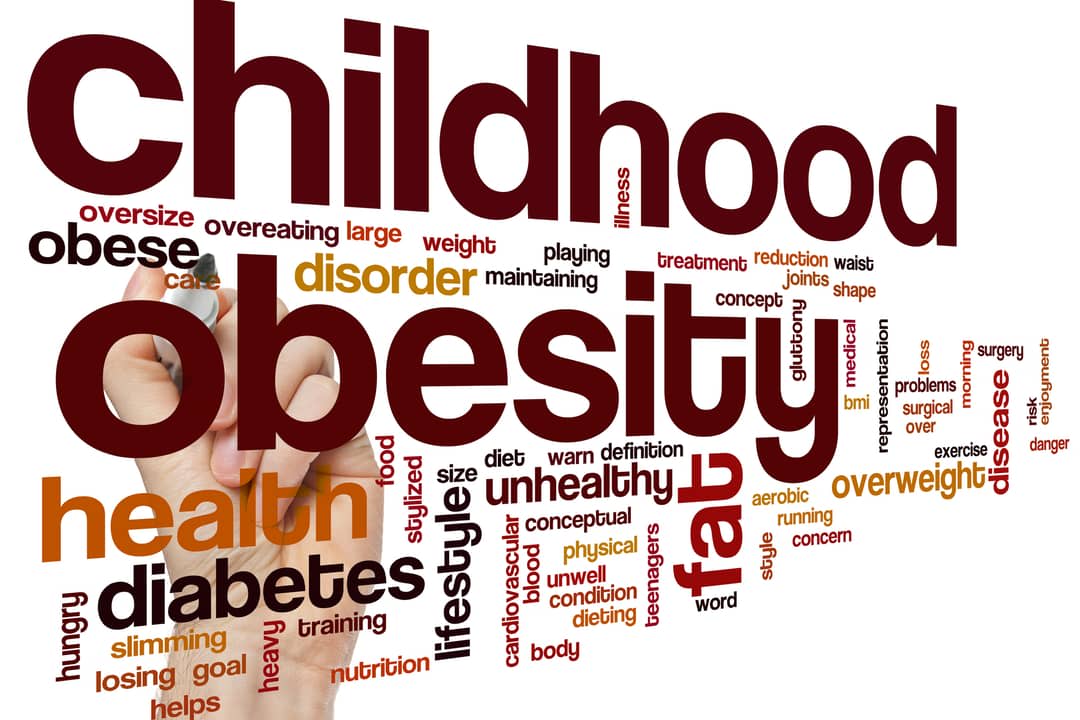
01 Mar Breaking the Chain: Parental Smoking and Childhood Obesity
Unveiled in a groundbreaking new study study conducted at RMIT University, researchers have shattered previous assumptions about the relationship between parental smoking and childhood obesity. Contrary to popular belief, this link transcends socio-economic boundaries, impacting families across all classes.
Analyzing longitudinal data from 5,000 Australian children over a decade, the study uncovered a striking correlation between parental smoking and their children’s consumption of high-calorie, unhealthy foods and drinks, regardless of social status. Lead researcher Dr. Preety Srivastava emphasized that this revelation underscores the pervasive nature of obesity as a public health concern.
Poor taste leads to poor food choices
“It’s not just about passive smoke exposure,” Dr. Srivastava explained. “Parents who smoke often inadvertently model poor dietary habits for their children, leading to a preference for high-energy, high-fat foods. This phenomenon extends beyond taste preferences, stemming from the impact of nicotine and other chemicals found in cigarettes.”
Smoking doesn’t discriminate
Moreover, the study dispels the notion that this issue primarily affects lower socio-economic families. Dr. Srivastava noted that across all socio-economic classes—lower, middle, and upper—the link between parental smoking and childhood obesity remained consistent. Interestingly, the research highlighted a potentially greater influence of maternal smoking on children’s weight status, attributed to mothers’ predominant roles in household food-related activities.
These findings carry significant implications for public health interventions. Dr. Srivastava stressed the urgency of targeted measures to address parental smoking and promote healthier diets among children. “Tobacco control initiatives aimed at helping parents quit smoking or reduce tobacco use can yield positive effects on family health behaviors, including dietary choices and physical activity,” she said.
The ramifications of childhood obesity extend beyond physical health concerns, affecting emotional well-being and social integration. Children grappling with obesity often face challenges such as low self-esteem and increased rates of bullying, which can impact academic performance and long-term opportunities.
In light of these findings, collaboration among policymakers, healthcare professionals, educators, and parents is crucial to tackle the root causes of childhood obesity. By breaking the chain of parental smoking and unhealthy dietary patterns, we can pave the way for a healthier future generation.



